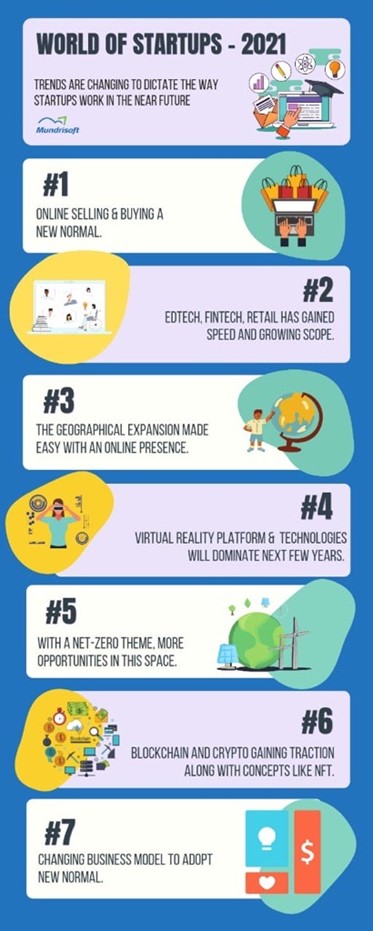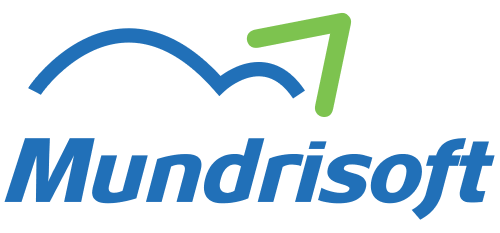
Looking back at the World of Startups: 2021
2020 was unequivocally a bad year for startups, as demand dried up, production and supply chains were hit, and forced remote work led to an inability to function at full efficiency. In 2021, especially in the latter half of the year, the economy picked up a little bit as the situation improved and businesses learnt to manage COVID better. Since then, we have seen a flurry of IPOs, including the highly successful Nykaa IPO recently. Freshworks is another similar example.
There are some notable trends and changes that picked up pace in 2021, and these trends are likely to dictate the way startups work in the near future.
1. During this time, people moved to the online world and this has entailed a change in the way of functioning for most companies. Smaller startups that could quickly pivot to a remote-work strategy got better exposure as compared to others who were slower to adapt to the change, while retail shops suffered greatly because their business depends entirely on an in-person experience. The multiple lockdowns greatly hampered their ability to sell to customers. Shifting to an online-selling model is easier said than done and is not possible for every retail shop to do.
2. The constraints imposed by the pandemic have forced companies to explore new ways of sustaining and growing themselves. The EdTech, FinTech, and retail industries are also seeing different effects and startups have a lot of scope to expand in these areas in the near future.
 3. One result of these constraints is that businesses have continued to expand to newer geographies enabled by the proliferation of the online market, and this trend is likely to continue in 2022.
3. One result of these constraints is that businesses have continued to expand to newer geographies enabled by the proliferation of the online market, and this trend is likely to continue in 2022.
4. The net-zero theme is also of increasing concern and importance globally, with a target of 2050 as agreed upon by most countries. As a part of this effort, cleaner operations have started to become a focus, and the COVID crisis has only amplified this in 2021.
5. Different ways of investing have developed and evolved. NFTs (non-fungible tokens) have recently started gaining popularity. Even though it is an older concept, the increasing importance of the virtual world and its interconnectedness with the real world have boosted this popularity. NFTs represent real-world objects such as music or art in a digital form and can be traded online. Blockchain operations (including but not necessarily restricted to cryptocurrency) have gained importance in recent times for the same reasons.
6. We recently saw Facebook change its name to Meta Platforms, highlighting the importance of virtual reality with all the pros and cons it brings with it. Perhaps the time is not far when we have holograms in meetings, substituting video calls.
7. The potential of the new form of doing business is being understood and capitalized upon. The company Toppr is an excellent example of this. They offered only a B2C model earlier, and now are slowly exploring the B2B model as well. There are many other examples too.
8. Social entrepreneurship has picked up pace, as government failures and limitations in many countries in the world in terms of handling the COVID-19 crisis were addressed to varying degrees by smaller groups using technology. Many startups helped in the process of moving to remote work from an in-person model too. This is likely to be a field of growth in the years to come.
9. The realities of social distancing and remote work are likely to stay on in some form or the other. Technology has rapidly evolved over the last year to accommodate this and will continue to do so. This includes but is not limited to domains like augmented reality (AR), virtual reality (VR), IoT, speech recognition and text-to-speech, and faster, better, and more reliable connectivity.
No one was aware or prepared for the sudden shock of 2020. In 2021, startups and companies slowly adapted to the new way of functioning, particularly after the second wave of COVID in 2021. Now is the time for these startups to apply that learning. We are likely to see an explosion of new ideas and a lot of new business models being put to the test in the coming future.
Tags :


